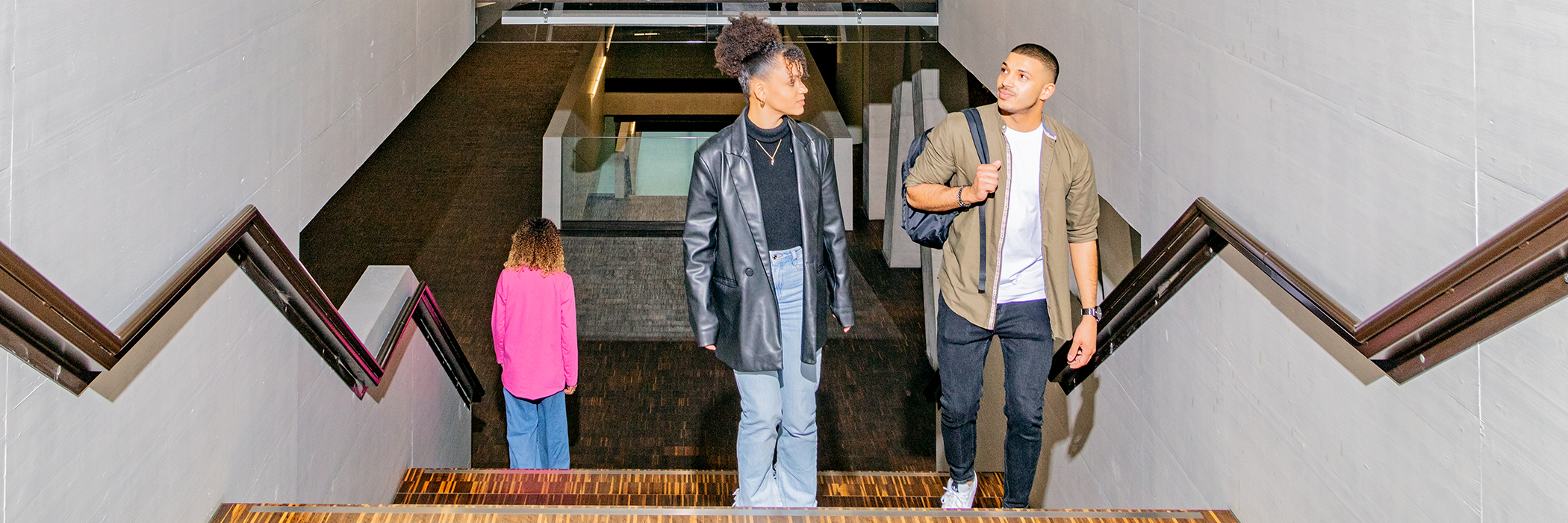NummermrtLECTS3.0AnspruchsniveauintermediateInhaltsübersichtMess- und Regelungstechnik sind essentielle Bestandteile moderner technischer Systeme, sind aber auch in anderen Domänen von Bedeutung (z.B. Wirtschaft oder Medizin). Ausserdem stellen sie für zahlreiche Schweizer Unternehmungen Schlüsseltechnologien dar. Im Rahmen vielfältiger Laborversuche wird das gesamte Spektrum vom grundlegenden Messprinzip bis hin zur Regelung vermittelt.
Teil 1 – Messtechnik:
- Grundbegriffe und -konzepte der Messtechnik
- Messung elektrischer Grössen mittels Digitalmultimeter, Oszilloskop und Messschaltungen
- Messung nichtelektrischer Grössen, z.B. Temperatur und Abstand
- Umgang mit Messunsicherheit und praktischen Herausforderungen
- Versuchsplanung, -durchführung und –auswertung
Teil 2 – Regelungstechnik:
- Grundbegriffe und -konzepte der Regelungstechnik
- Beschreibung von Regelstrecken
- Reglertypen (PID-, Zwei- und Dreipunkt-Regler)
- Simulation von Regelkreisen
Laborversuche:
Die Theorieinhalte werden laufend durch Demonstrationen sowie selbstständig durchgeführte Laborversuche gefestigt.
LernzieleDie Studierenden:
- wenden die Grundbegriffe der Mess-, Steuerung- und Regelungstechnik korrekt an.
- setzen Messmittel zur Erfassung elektrischer und nichtelektrischer Grössen sinnvoll ein.
- sind sich der wesentlichen Quellen von Messunsicherheit und den Grenzen von Messverfahren bewusst.
- können ein Experiment planen, durchführen sowie auswerten und dabei die Versuchsdaten analysieren und deren Genauigkeit beurteilen.
- können Regelstrecken mit Hilfe geeigneter Verfahren untersuchen, charakterisieren und einen geeigneten Regler auswählen.
- können Regler für spezifische Anwendungen einstellen und Regelkreise simulieren.
Empfohlene Vorkenntnisse
- Mathematik Grundlagen (magl)
- Elektrotechnik (eltW)
LeistungsbewertungErfahrungsnote 